Blood Building: A Guide to Chinese Medicine Nutrition
In Traditional Chinese Medicine (TCM), the concept of Blood is crucial. Blood is a vital substance, responsible for nourishing the body, maintaining overall health, and supporting various physiological functions. In TCM, it is more than just the substance that carries oxygen and nutrients through our body, it is the vehicle for our Qi, and Shen, meaning it carries and influences our essence and spirit. In this article, we explore the principles of Chinese Medicine nutrition to address blood deficiency, exploring foods, herbs, and vitamins that play a pivotal role in enhancing and maintaining a robust and vital body.
Understanding Blood Deficiency in Chinese Medicine
In Chinese medicine, Blood deficiency, also referred to as Blood Xu, is a condition where the body lacks the necessary components to generate and sustain an adequate supply, and insufficient quality of Blood. This deficiency may manifest due to various factors, including poor dietary habits, chronic illnesses, or imbalances in the body's energy, known as Qi. Recognizing the signs and symptoms of blood deficiency is crucial for intervention and maintaining overall well-being.
Signs and Symptoms of Blood Deficiency
Pale Complexion- Individuals with blood deficiency often exhibit a pale or sallow complexion due to a lack of vibrant blood circulation.
Fatigue and Weakness- A persistent sense of fatigue and weakness can be indicative of insufficient blood to support the body's energy requirements and overall support of Qi.
Dizziness and Vertigo- Blood deficiency may lead to inadequate nourishment of the brain, resulting in symptoms like dizziness and vertigo.
Irregular Menstruation- Women may experience irregular menstrual cycles, characterized by scanty or absent periods, as a result of blood deficiency.
Dry Skin and Hair- Insufficient blood can lead to dryness in the skin and hair, causing issues like brittle nails and hair loss.
Underlying Patterns of Blood Deficiency
Chinese medicine identifies specific patterns associated with blood deficiency, each requiring a tailored approach to restore balance. Common patterns include:
Spleen Qi Deficiency- Impaired function of the Spleen may contribute to poor blood production.
Kidney Yin Deficiency- A lack of yin, which represents nourishing and cooling energy, can lead to Blood deficiency.
Liver Blood Stagnation- Blood stagnation in the Liver can impede the smooth flow of blood throughout the body.
Blood-Building Foods
1. Dark Leafy Greens
Dark leafy greens such as spinach, kale, and Swiss chard are rich in iron and other essential nutrients vital for blood production. These vegetables can be incorporated into salads, smoothies, or stir-fries.
2. Organic Meats
Lean meats, especially beef and lamb, are excellent sources of heme iron, a form of iron readily absorbed by the body. Including these meats in your diet helps replenish iron levels, essential for red blood cell formation.
3. Red Dates (Jujube/ DaZao)
Red dates, a staple in Chinese medicine, are renowned for nourishing the blood. They can be added to teas, and porridges, or used in various culinary dishes to enhance blood circulation.
4. Black and Kidney Beans
Black beans and kidney beans are excellent for blood-building due to their high iron content, which is crucial for red blood cell production. Additionally, both types of beans are rich in protein, fiber, and essential nutrients like folate and vitamin B6, supporting overall nutritional health and energy levels.
5. Pomegranates
Pomegranates are renowned for their blood-building properties due to their high iron content, which helps improve hemoglobin levels and enhance red blood cell production. They are also packed with antioxidants, vitamins C and K, and folate, which contribute to overall cardiovascular health and support the immune system. In TCM, pomegranates are valued for their ability to nourish and invigorate the blood, making them beneficial for improving circulation and treating conditions associated with blood deficiency. They are considered to have a sweet and slightly sour flavor and are known for their warming properties. Pomegranates are also believed to strengthen the spleen, support digestive health, and help balance the body's Qi.
Blood-Building Herbs
1. Dang Gui (Chinese Angelica)
Dang Gui is a revered herb in Chinese medicine known for its ability to tonify and invigorate the blood. It is often used in soups, stews, or brewed as a tea to support blood health.
2. Bai Shao (White Peony Root)
Bai Shao is another herb renowned for nourishing the blood, particularly in cases of liver blood stagnation. It is often combined with other herbs to create formulas tailored to specific patterns of deficiency.
3. Dao Zao (Red Dates)
Da Zao, or Chinese red date, is valued in Traditional Chinese Medicine for its ability to nourish the blood and calm the spirit, making it beneficial for addressing fatigue, insomnia, and digestive issues. Rich in antioxidants, it supports immune health and protects cells from oxidative stress, enhancing overall vitality.
Blood Building Supplements (check with a practitioner)
Iron Bisglycinate ( if ferritin levels are low)
Methylated B12
Folate (L-methylfolate0
Vitamin C to help with absorption
Liquid chlorophyll or Floradix
Blood Building Recipes
Blood-Building Beet Salad
INGREDIENTS
2 medium beets, peeled and grated
1 cup cooked quinoa, (for added protein and nourishment)
1/4 cup walnuts, chopped (for healthy fats and blood-building properties)
1/4 cup dried goji berries, (known for their blood-nourishing qualities)
1/4 cup fresh parsley, chopped (to add freshness and support liver health)
1 small apple, diced (for a touch of sweetness and additional vitamins)
2 tbsp sesame seeds (for added nutrition and flavor)
Dressing
2 tbsp extra virgin olive oil, (nourishing and good for overall health)
1 tbsp apple cider vinegar, (supports digestion and adds a tangy flavor)
1 tbsp honey, (for a touch of sweetness and energy)
1 tsp fresh lemon juice, (helps to enhance the flavors)
Salt and pepper, to taste
PROCEDURE
1. Place a medium saucepot on the stove and bring to a boil. Add the beets and check with a fork to see then they are tender. Once cooked and cooled, peel and chop them.
2. Cook quinoa according to package instructions and let it cool.
3. In a large bowl, mix together the chopped beets, cooked quinoa, chopped walnuts, dried goji berries, diced apples, chopped parsley, and sesame seeds.
4. In a small bowl, whisk together the olive oil, apple cider vinegar, honey, lemon juice, salt, and pepper.
5. Pour the dressing over the salad and toss gently to combine.
6. Let the salad sit for a few minutes to allow the flavors to meld, then serve.
This salad combines ingredients that are known for their blood-nourishing properties and supports overall vitality in a balanced, flavorful way. Enjoy!
Blood-Building Herbal Tea
Ingredients
3–5 Da Zao (Chinese red dates), sliced
10–12 dried Longan fruits
1 tablespoon dried Goji berries
4 cups water
Procedure
Rinse the herbs under cool water.
Add the Da Zao, Longan, and Goji berries to a pot with 4 cups of water.
Bring to a boil, then reduce the heat and let it simmer for 20–30 minutes.
Strain and enjoy warm. Drink 1–2 cups daily for blood-nourishing benefits.
This tea gently nourishes the blood, supports relaxation, and enhances vitality, making it especially useful for those feeling fatigued or experiencing mild anemia.
Other well known Herbal teas are;
Raspberry Leaf
Nettle
Rose
Incorporating blood-building foods, herbs, and vitamins into your diet is a proactive approach to addressing Blood Deficiency in Chinese medicine. Understanding the signs, symptoms, and underlying patterns of deficiency allows for a targeted and holistic approach to support overall health. By embracing these principles, you pave the way for a balanced and nourished system, fostering vitality and vibrancy.
Remember to consult with a qualified healthcare professional or Chinese medicine practitioner for personalized guidance based on your individual needs.
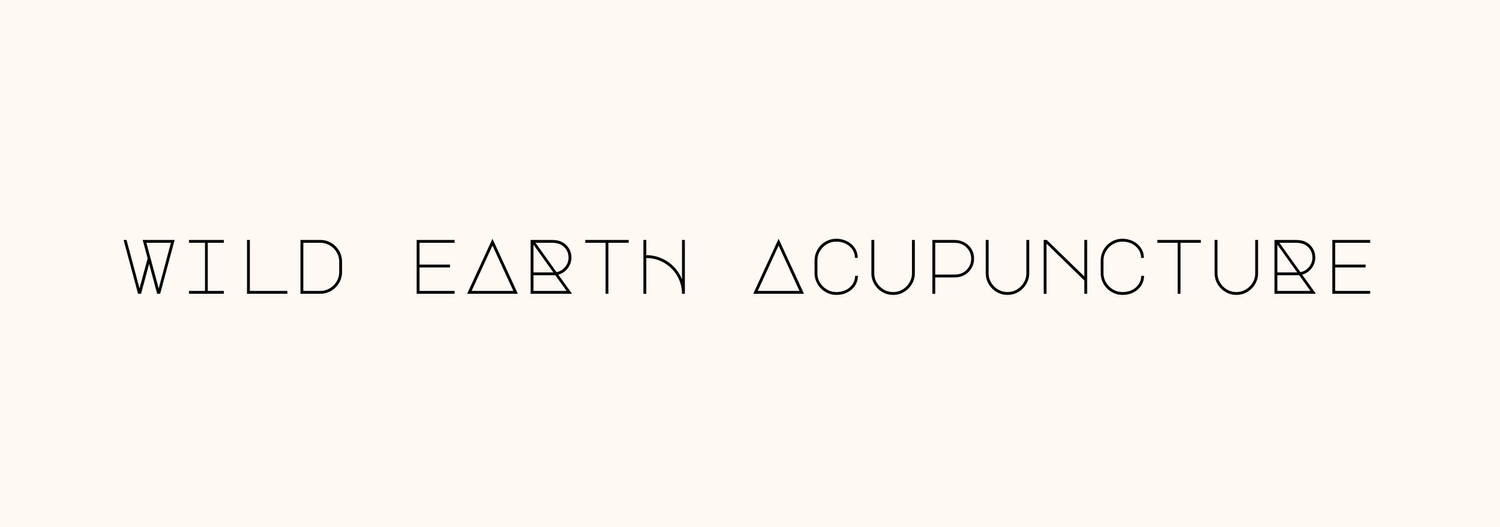











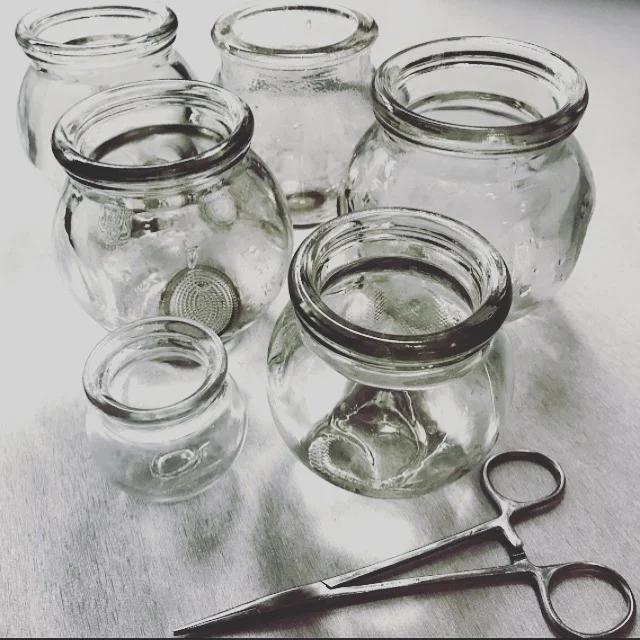
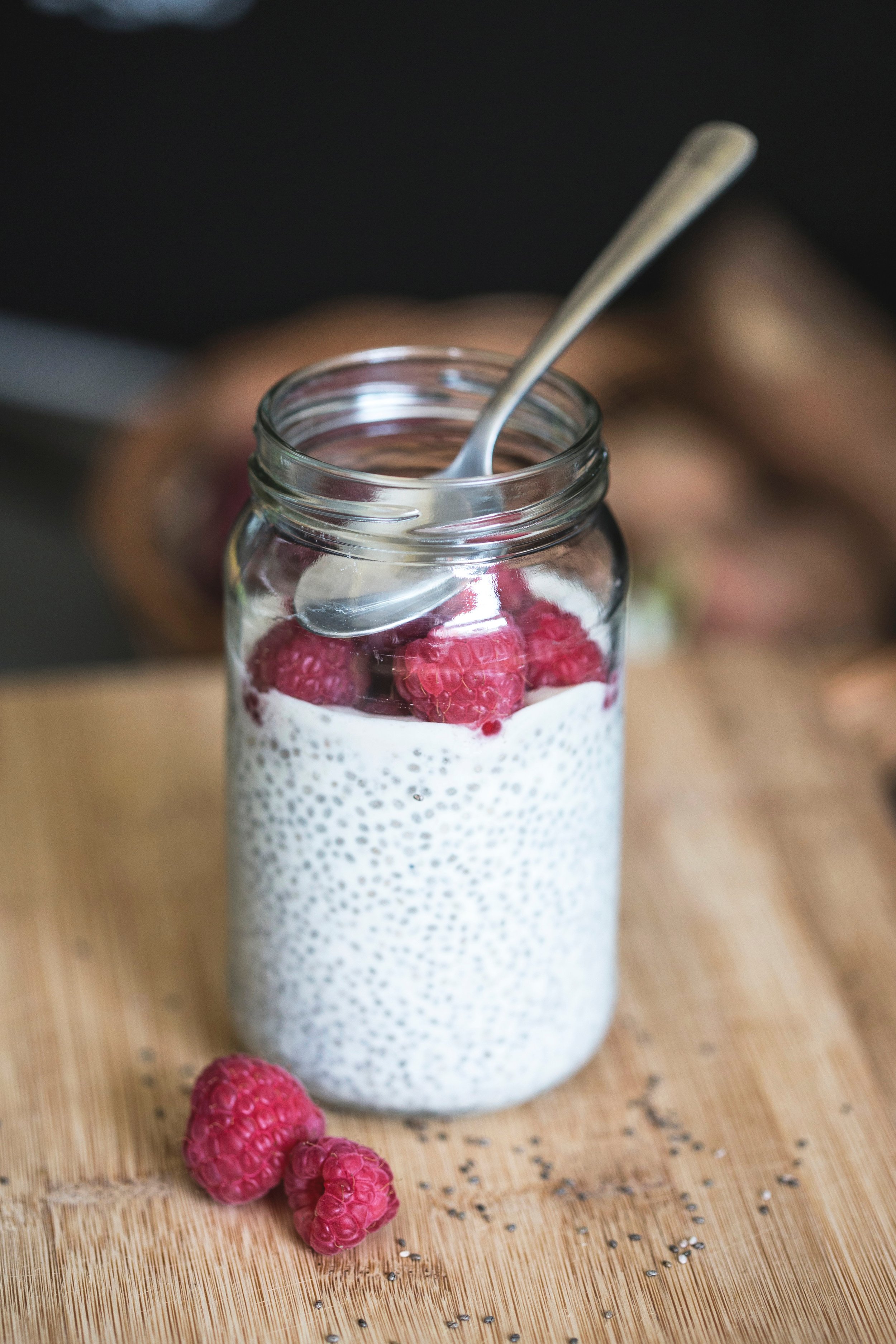

















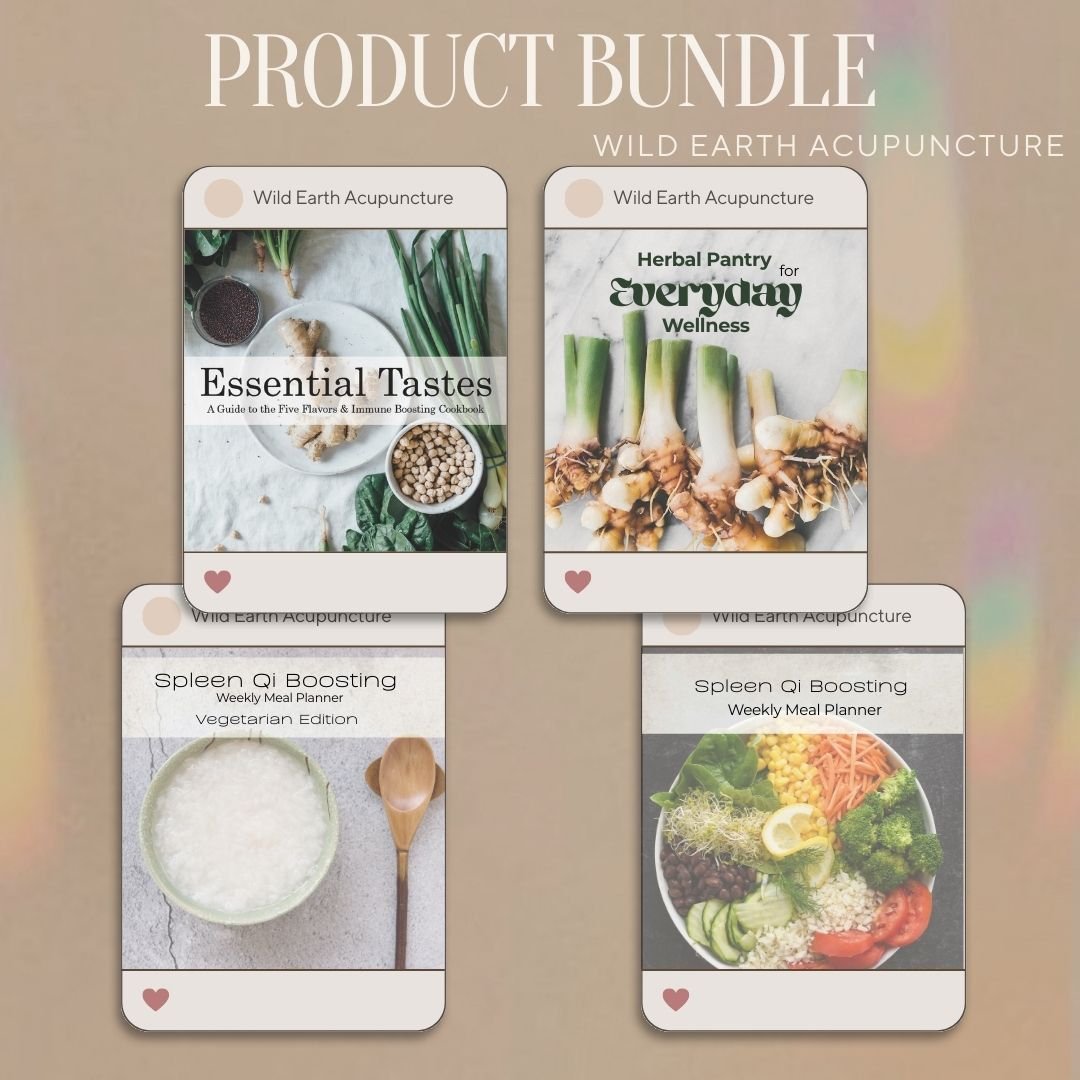
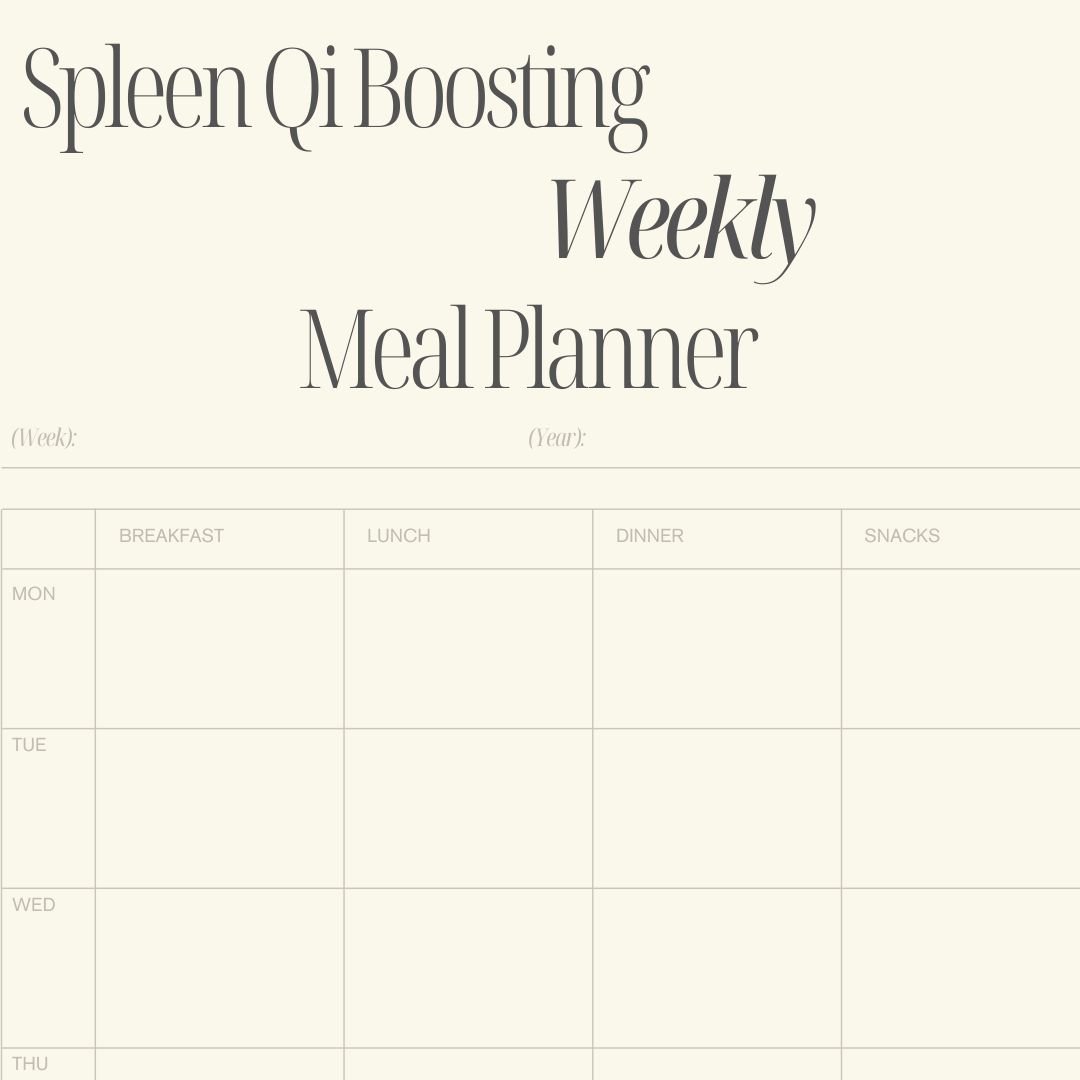







Learn how to how simple, everyday herbs can nourish your body, support digestion, boost immunity, and bring calm to your daily routine.